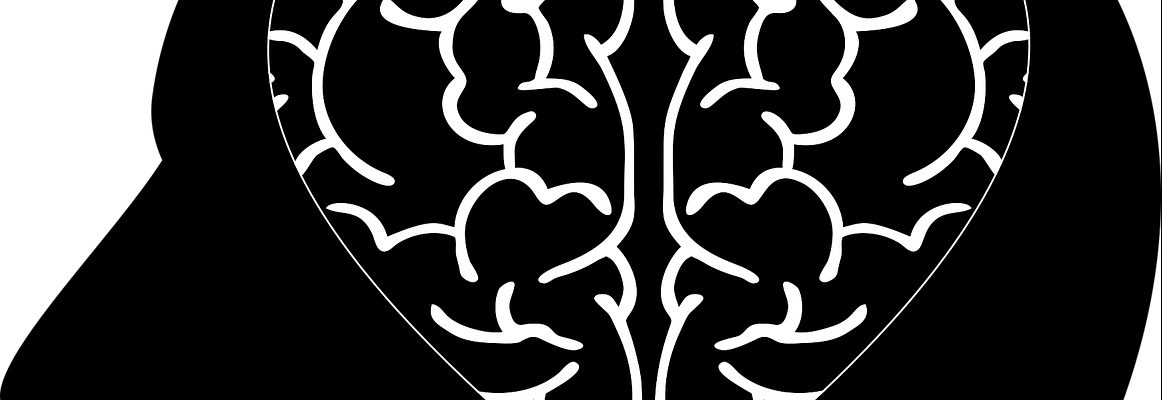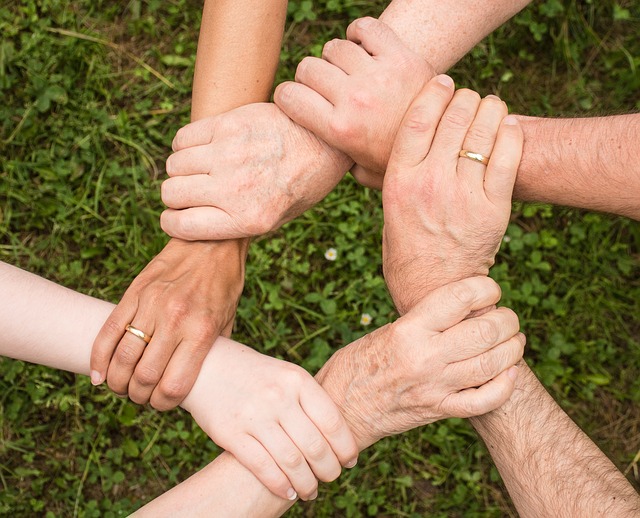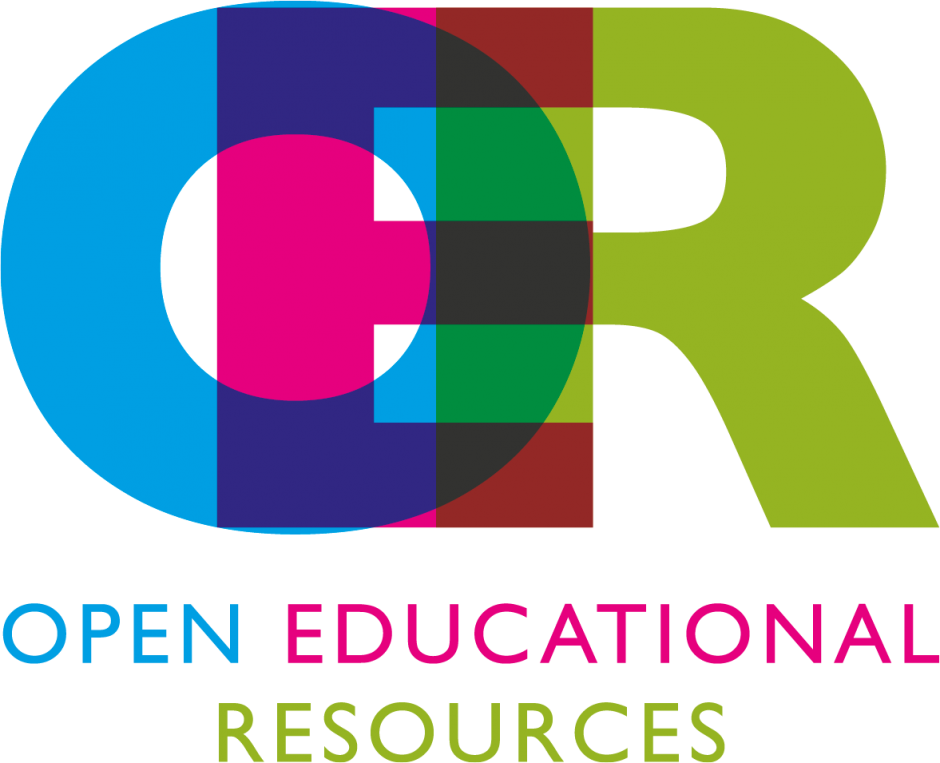in brief:
Communication, Thinking and Personal Social Competencies
- are expected to be integrated across subject areas.
- are not formally assessed ‘by the teacher’ in the same way as curricular content and competencies but are essential skills that underlie all teaching and learning.
- teachers support students in understanding, developing and self-assessing the core competencies across the curriculum.
- Resources to support implementation, including a video series, are available on the BC Ministry of Ed website. There is also a PDF file to support assessment.
- Profiles exist to support understanding where your students lie with respect to the competencies (these are not ‘grade or age level’ profiles but descriptors of students as they progress to increasingly sophisticated stages of competency)
- An analogy from a PD session that may help you understand the profiles: A ‘Profile 1’ in Personal Social (Social Responsibility) might show an individual just beginning to develop recognition outside of self; a ‘Profile 8’ illustration might describe someone akin to “Ghandi”
- I-Can-Statements-1 (courtesy of the North Van School District) can help in planning to integrate the core competencies into learning experiences. See the NVSD44 website for additional resources.
Self Assessment/Reflection
Teachers are expected to support students in developing their core-comptencies and self-assessing their growth. This often involves self-assessments as pre-, during- and post-teaching opportunities and are often embedded in self-assessment rubrics, proficiency scales, reflective writing and in performance assessment. Here is one example of a self-assessment I’ve adapted and used with UBC TCs (credit to Esquimalt High School for the original). I love that this one is quite open ended and includes sample statements on the reverse side to help build student (and teacher) understanding of the CCs.
And this one, is more appropriate for both elementary and secondary students. Shared by the North Van School District.
EDCamp BCCC
There is a wonderful group of educators who come together annually at the BC Core Competencies Ed Camp in January and on Twitter (@EdCampBCCC) to share resources. They are worth a follow!
Additional Resources
Teachers and Support teachers in School Districts are also developing their own sets of resources; many of which are shared freely online. Here are only a few:
- Picture books to nurture core competencies (VSB) – primary focus
- Google Doc with a booklist and suggested approaches (SD36 Surrey Teachers)
- Picture Book Connections – multi-age – North Van SD
- Core Competencies Assessment templates & resources – multi-age (Victoria SD)
- Classroom Posters – North Van SD














